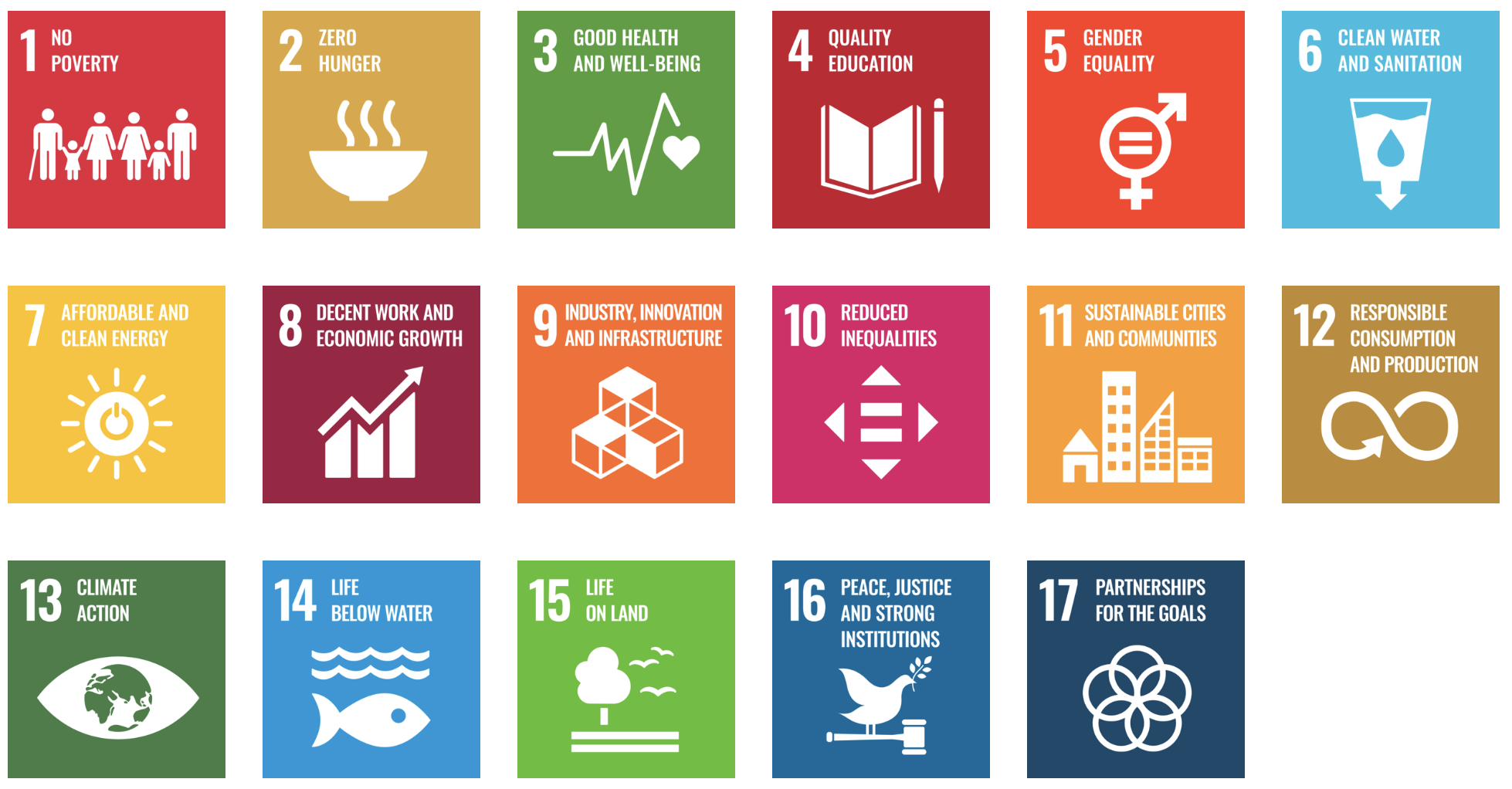Impactful Economics and Business Research: A Sustainable Future (ASF)
Dr. Vittoria Scalera, Director of the UvA-EB research platform ‘A Sustainable Future’ (ASF)
A Sustainable Future (ASF) is a research platform at the University of Amsterdam Economics and Business (UvA EB), integrating the Amsterdam School of Economics and the Amsterdam Business School research on pressing social themes. Based on the Sustainable Development Goals (SDGs) framework, ASF supports, promotes and coordinates research for a more sustainable economy, society, and planet, around subjects such as rising inequality, social cohesion or climate change adaptation. Vittoria Scalera, ASF’s director, told us more during an interview.
What is ASF? How did it start?
“The idea behind ASF is to foster and systematize the efforts around research related to sustainability, at the UvA EB level and progressively involving other UvA faculties. We want to enhance collaboration between researchers and schools within and across UvA EB, to generate new ideas and more impactful research. As it was originally conceived by the ASF Founding Director, Professor Enrico Perotti, ASF is a research platform that aims at fostering ideas and knowledge exchange, and focuses particularly on EB junior faculty members.
Sustainability is a complex field, as it involves many different disciplines. Research is often based on niches and each researcher's specialty, but this may limit the breadth and novelty of topics that we can come up with, but also the impact that we can actually make on society. This is why I believe that we need to tackle sustainability from a more interdisciplinary perspective, to have a stronger impact on the societal issues we are addressing.
ASF connects researchers and lecturers working on sustainability-related issues from both the Amsterdam School of Economics and the Amsterdam Business School, to develop common goals and foster collaborative research. To reach this goal, the ASF platform also provides small-scale research grants with the support of its Scientific Committee, chaired by dr. Ana Varela Varela and dr. Pushpika Vishwanathan. We especially try to support the involvement of junior researchers, such as PhD students, postdocs and junior assistant professors, and encourage cross-school and cross-faculty research projects.
Networking events and seminars are also organized to gather researchers and lecturers from several fields and to open a discussion around the economic, social, or environmental future. Those discussions stimulate connections and are a channel for collaboration.” Dr Scalera explains.
Do you collaborate with external partners, such as public or private organizations?
“Some research projects funded by the ASF platform do interact with external stakeholders. Several research projects have been developed in collaboration with the Municipality of Amsterdam, the Ministry of Economic Affairs and Climate Policy, or private organizations that may co-fund the research. We also sponsor outreach events such as workshops or public debates, during which external stakeholders are welcomed. This encourages interaction between our project's corporate, policy and academic dimensions.”
The 17 Sustainable Development Goals (SDGs) (Image: un.org)
Examples of Research Projects funded by ASF
Projects funded by ASF are very diverse and tackle the SDGs topics in innovative and impactful ways. Some of the last research projects funded by ASF include:
The other China shock: evidence from the Chinese waste ban on the reasons for waste trade, from K.H.L. Sommer. This project investigates why countries and companies trade waste and explores the consequences of a Chinese ban on waste imports.
The impact of multinational firms in the local labor market: does the labor migration matter? From L.M. Timm. This article examines how multinational firms affect wages for domestic workers, labor migration and wage inequality, and how these factors interplay.
Gender inequality and payment schemes, from Y. Xiao, R. Teixeira & A. Hirmas. This project studies the role of different payment schemes on the gender gap in performance and beliefs and sheds light on how incentives can tackle this disparity and lead to more equality.
You became the director of the ASF in September 2022. What does your role entail?
“As a director, I coordinate the platform and mainly work on the development of the ASF. I work on fostering collaborations with other faculties and initiatives and try to expand the reach of our platform, still with the aim to create more impact. As an example, to connect ASF with other UvA initiatives, I am working on connecting ASF’s initiatives to the UvA Sustainability Platform (USP), a university-wide initiative related to sustainability, which links research and effort in a very multidisciplinary perspective.”, Dr Scalera answers.
Do you have some ideas or plans for the future of ASF?
“I have two main objectives now. First, I would like to improve communication with the outside world about what ASF does, the type of projects that are developed within the platform, and the outcomes of those projects. I think that we are doing a lot of great research, and we should share and promote more of what is happening here to translate it into practice. My second objective is to connect more with similar initiatives from other faculties, to improve our interdisciplinary approach. I think it is the best way to make an impact!”


